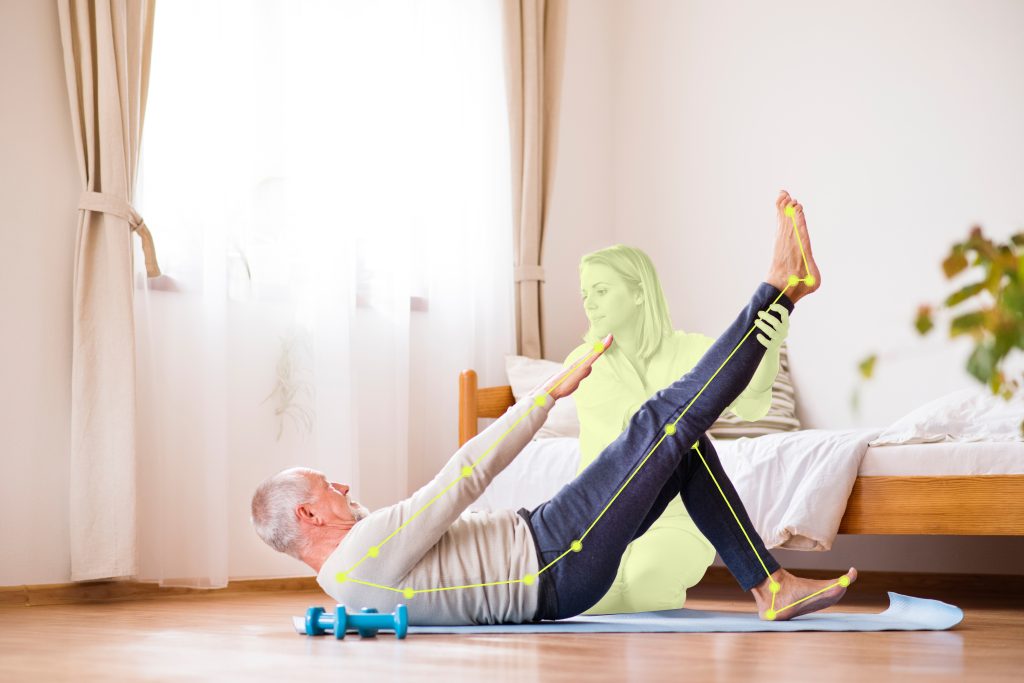Osteoporosis is a condition affecting bone health; it weakens bones, making them susceptible to fractures even from minor falls. This condition is prevalent among older adults, especially postmenopausal women.
As custodians of employee health, HR and occupational wellbeing teams should be aware their older staff are at heightened risk of osteoporosis and should implement strategic corporate wellness initiatives such as access to physiotherapy.
Read More: How to avoid osteoporosis as you get older
This risk of osteoporosis is amplified for certain groups, including:
- Postmenopausal women: Declining oestrogen levels significantly accelerate bone loss. Five to seven years post-menopause, women can lose up to 20% of their bone density, which, if not managed, could lead to osteoporosis.
- Individuals with low body weight: Reduced bone mass and cushioning further elevate fracture risk.
- Smokers and excessive drinkers: Smoking slows down the cells that build bone in the body. For women, smoking can lead to earlier menopause, increasing the chances of osteoporosis.
- Individuals with medical conditions such as rheumatoid arthritis, hyperthyroidism and certain cancers such as breast and prostate cancer can contribute to osteoporosis.
- Sedentary lifestyles: Lack of physical activity weakens bones and muscles, impacting balance and increasing fall risk.
Read More: How menopause can lead to osteoporosis
Read More: The connection between Thyroid and Osteoporosis
The role of physiotherapy in bone health
Physiotherapy is a proactive way of dealing with osteoporosis. Physiotherapy can help you strengthen your bones as well as your muscles. It can prevent bone thinning, reduce falls and help you manage any pain.
HR and wellbeing teams can include physiotherapy packages in their wellbeing schemes. Packages such as DocHQ Physio can help design bespoke bone-strengthening programmes for employees. Exercises can be done and monitored remotely.
DocHQ Physio: Your remote partner in Osteoporosis management.
DocHQ Physio removes barriers to accessing physiotherapy

- AI-driven remote physiotherapy: Employees receive personalised exercise programmes and remote consultations with qualified physiotherapists from the comfort of their homes or offices.
- Tailored fitness and physiotherapy plans: Our experts create individualised programmes based on each employee’s needs and limitations.
- Progress tracking: We monitor progress and adjust plans for optimal results, ensuring continuous improvement.
Beyond physiotherapy: Building a holistic approach
Empowering your employees goes beyond physical therapy. Here are additional strategies:
- Workplace adjustments: Ergonomic workstations, standing desks and activity breaks can combat sedentary habits.
- Wellness programmes: Walking challenges, step trackers and varied tasks promote movement and engagement.
- Education: Workshops and resources raise awareness about osteoporosis and healthy habits.
- Targeted initiatives: Offer free physiotherapy to female employees experiencing menopause.
- Sun exposure and nutrition: Encourage daily walks and a balanced diet rich in calcium and vitamin D.



